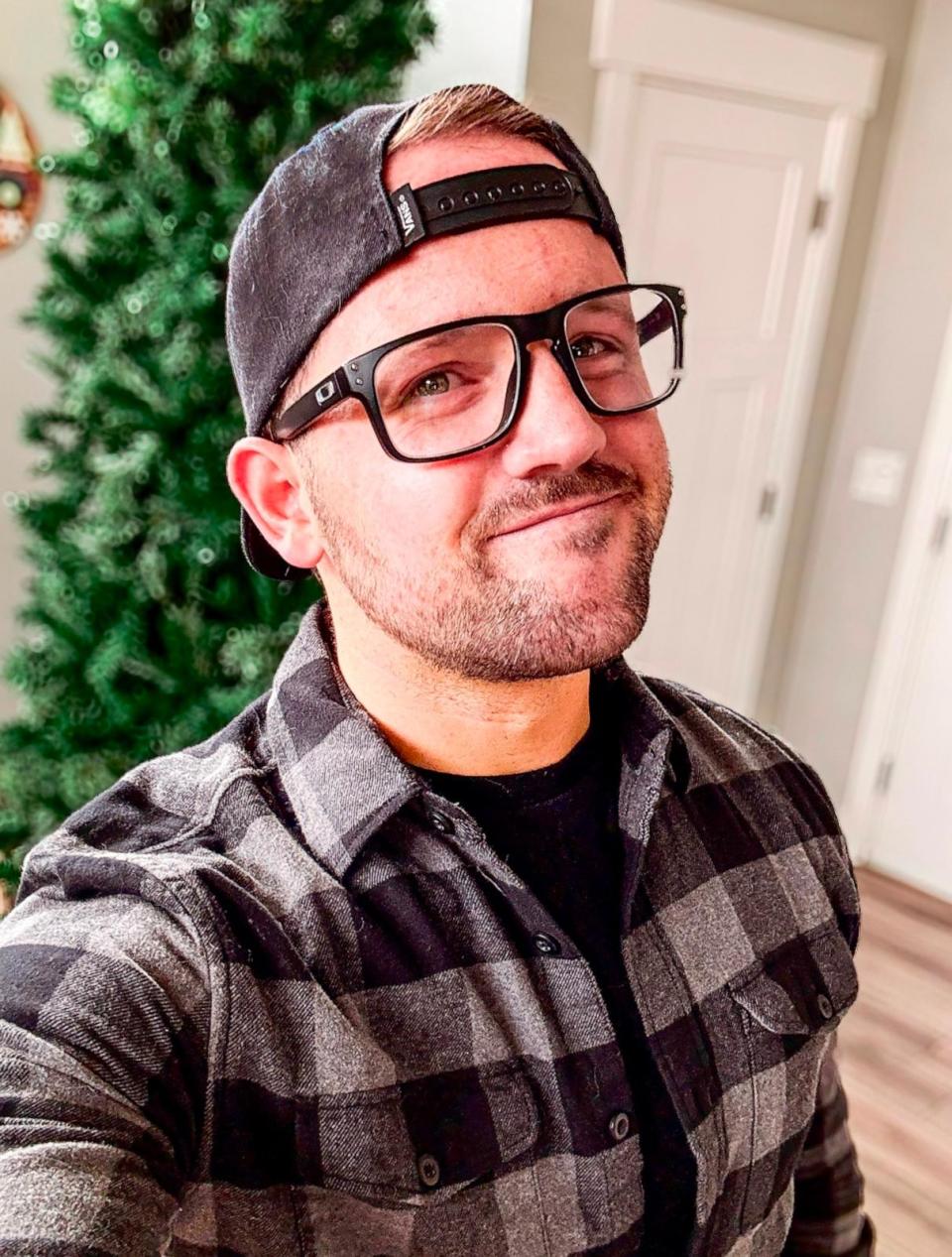How new FDA rule allowing gay, bisexual men to give blood is making donation more inclusive
For at least a decade, Chris Van Bibber had been prevented from donating blood.
The 35-year-old from Salt Lake City, Utah -- who is openly gay -- was restricted due to rules set in place by the U.S. Food and Drug Administration (FDA) that did not allow sexually active gay men from donating.
However, this past May, the FDA dropped all restrictions specific to gay and bisexual men donating blood, moving to a new blood donation risk assessment tool that is the same for every donor regardless of how they identify, which rolled out in August.
This meant that Van Bibber was able to make history as he donated blood at the American Red Cross Blood Donation Center in his home city.
"To sit back in that chair and to go through the questionnaire beforehand, and it was just -- I felt so much excitement and so much relief that we were finally here," Van Bibber told ABC News. "I just felt like I was finally able to do my part and it's a small thing to do that can make such a big difference."
The new policy is one that public health experts and gay rights activists said had been a long time coming.

Ban on gay and bisexual men donating
In the early days of the HIV/AIDS epidemic, blood donations were not able to screen for HIV, which led to some cases of HIV via transfusion. This led to the FDA instituting a lifetime ban on gay and bisexual men from donating blood as well as women who have sex with men who have sex with men.
"That was really based not on an individual person's risk, but more so on belonging to a particular group and some of that, at the initial onset, you could say was based on what we were seeing with regard to the impact of HIV on specific communities, namely, gay and bisexual men," Ayako Miyashita Ochoa, an adjunct professor at the UCLA Luskin School of Public Affairs, told ABC News.
"We quickly got to a place where we were able to test all blood donations universally for HIV. That policy became outdated…and yet we did not see a change in the policies related to this permanent ban or permanent deferral," she continued.
In 2015, the blanket ban was repealed but the FDA placed restrictions that men who have sex with men could donate if they were abstinent from sex for at least one year. In 2020, this was shortened to a period of 90 days of abstinence.
Scientists and advocates argued that not having policies that backed science was discriminating.
MORE: FDA proposes allowing gay and bisexual monogamous men to donate blood
"I think it's safe to say that the policy was so incredibly blunt," Miyashita Ochoa said. "And it was so group-based, identity-based specifically, that it was a tool for furthering stigma and discrimination."
'It felt very invasive'
For Van Bibber, the desire to donate blood is partly due to family history. His mother, Sheri, suffered a life-threatening medical complication when he was born and needed a blood donation to save her life.
Van Bibber said he grew up understanding the significance of blood donation, especially because his blood type is O-negative and can be used in transfusions for any blood type.
Sheri works for the Red Cross organizing blood drives so his family would donate regularly. However, he said he felt like an outsider compared to the rest of his family who was able to donate while he wasn't.
"It felt very limiting and very invasive of my personal life that I wouldn't be able to donate or give back in the way that I wanted to," Van Bibber said. "Donating blood and knowing the importance of that has been a part of our family for since I've been alive and so to not be able to participate, not be able to do my right in giving back, it was certainly discerning."

 Yahoo Autos
Yahoo Autos 